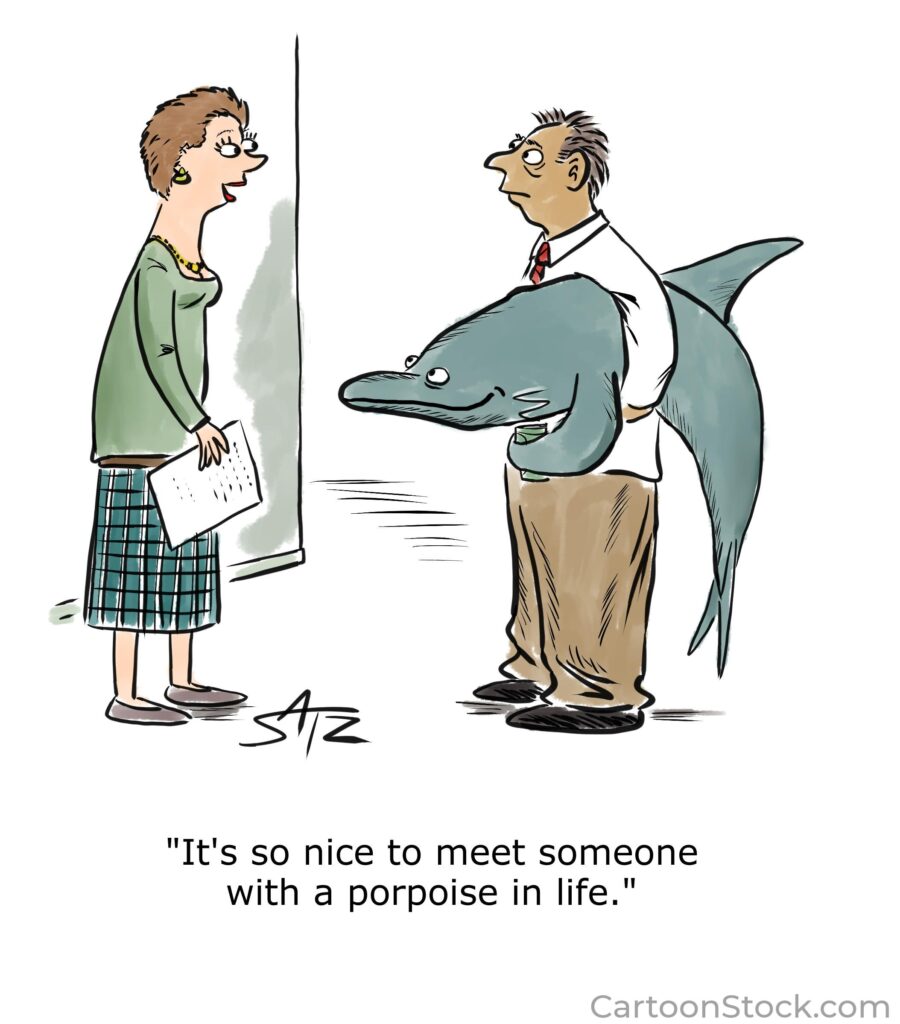
I grew up in a 1,000-sq-ft. house. We had one car (that sometimes worked). My father finished high school. Our annual one-week vacation was to my uncle’s off-the-grid cabin in Arkansas.
My life is vastly different now, exceeding my wildest childhood expectations. While the overall standard of living in America has steadily increased, my lifestyle has outpaced it. I am surprised at and grateful for the abundance I experience.
While there’s nothing wrong with ambition and enjoying the fruits of good planning and hard work, there’s a danger in expectation-creep. At some point in life we need to hit the brakes on striving for upward mobility and instead be deeply satisfied and grateful for our current status. If we don’t, we may be plagued by jealousy and discontent and become preoccupied in chasing an elusive, ever-moving target.
Micah 6:8 was my mother’s favorite verse and it has become one of mine: “He has shown you, O mortal, what is good. And what does the Lord require of you? To act justly and to love mercy and to walk humbly with your God” (NIV).
Solomon, a wise man from ancient times, summarized the good life by saying, “A person can do nothing better than to eat and drink and find satisfaction in their own toil. This too, I see, is from the hand of God” (Ecclesiastes 2:24).
These verses commend a simple but focused life, marked by contentment and gratitude.



